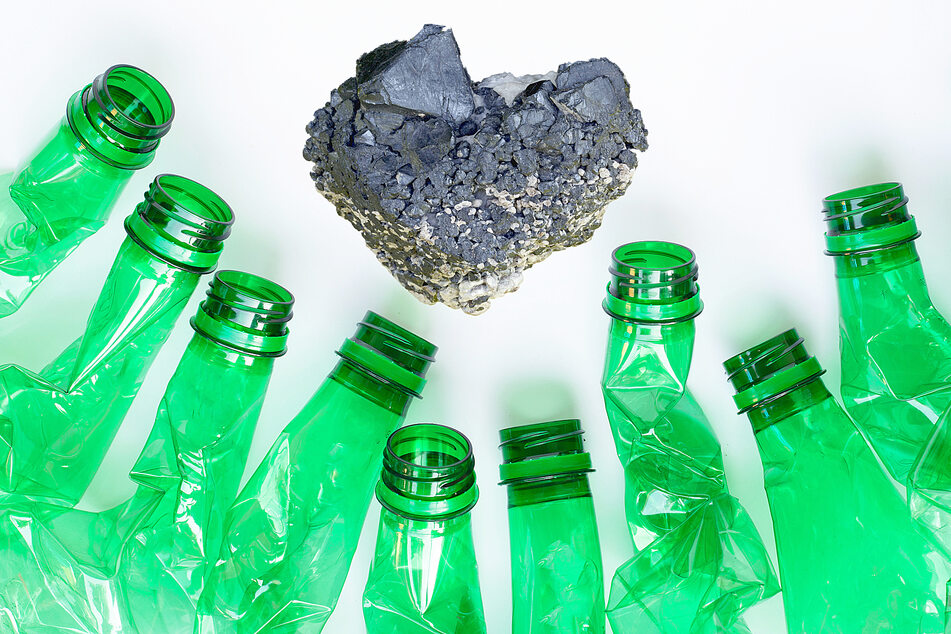Green plastic: This new recycling method could be another piece of the climate puzzle
Bath, UK - Novel recycling methods are on track to open up new pathways to prevent plastic waste from ending up in our environment.

Materials researchers have come up with two wildly different ways of taking care of plastic waste. One method relies on the plentiful element zinc for a simple chemical reaction. The other uses hungry enzymes that chow down on plastic materials.
New research from the Center for Sustainable and Circular Technologies (CSCT) at the University of Bath in the UK found that a zinc-based catalyst and methanol can break down the plastic used in bottles, Tupperware, appliances, and electronics devices in just 20 minutes, at room temperature.
The other method of dealing with plastic relies on enzymes, which usually break down organic matter. Scientists have designed enzymes that turn plastics into their basic components, which can then go back to manufacturers for reuse.
Each technique is based on the ideal of turning the plastic industry into a circular economy, a goal already pursued by waste management companies like Avangard Innovative.
This would upend the status quo, which sees plastics landing in overflowing landfills, waterways, or out in the ocean, where plastic makes up 80% of debris found at sea, according to the International Union for the Conservation of Nature.
There is a catch, because mining and refining zinc is still carbon-intensive, and the enzyme method hasn't scaled up for industrial use yet. However, a Scandinavian smelting company, Boliden, already has plans to lower the climate impact of zinc refining, and enzyme researchers are already looking to scale up their projects.
Making plastic green is one more piece of the climate puzzle, so these objectives are all worth chasing.
Cover photo: Collage: IMAGO / Nature Picture Library, Panthermedia (Stock)
